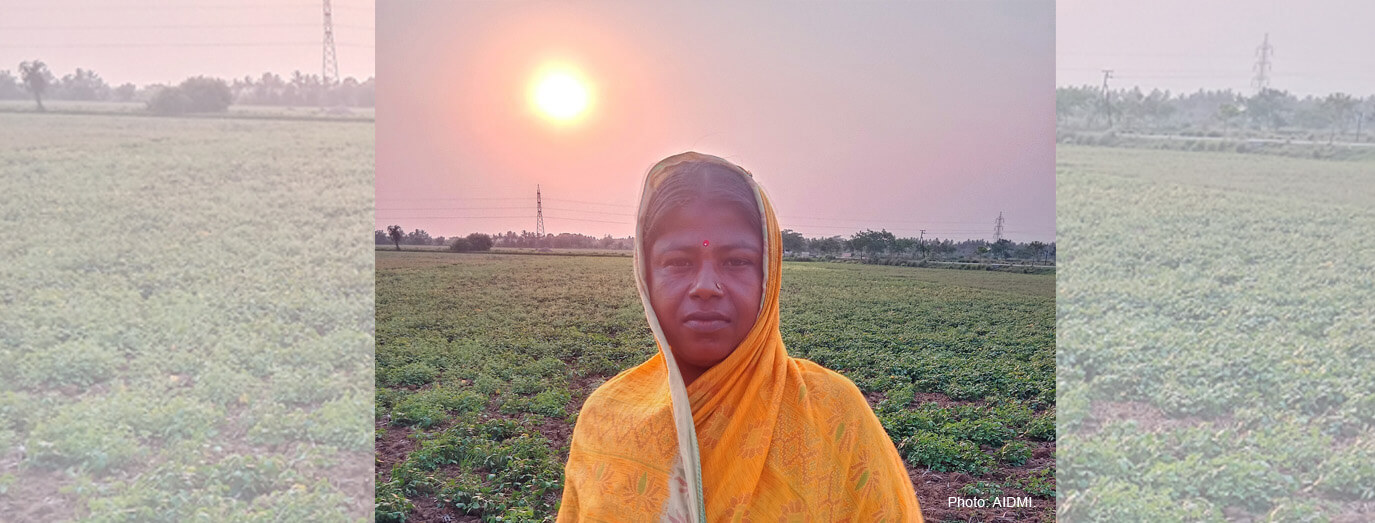
By Sudhakar Patra, Professor and Head, Berhampur University, Odisha, India
As an academic deeply involved in climate change and disaster management research, I have seen India’s escalating threat of heatwaves. My university, a state government institution, is situated merely five kilometres from the Gopalpur coast in Odisha, a region highly susceptible to various disasters. This proximity has fueled our commitment to tackling climate change and its consequences, including the growing menace of heatwaves.
Our university houses a dedicated Center of Excellence focused on disaster management and climate change. We recently hosted an international conference on these pressing issues, underlining our dedication to understanding and addressing these challenges. Furthermore, our Department of Marine Science and Department of Environmental Science actively contribute to research and initiatives related to climate change and disaster management.
Within our campus, we have implemented practical measures to combat heatwaves, particularly during the scorching months of April and May. These include providing spray water systems, water coolers, and air conditioning in various departments and the library. Recognising the vulnerability of our student population, we ensure cold drinking water is readily available in all hostels. Additionally, we have undertaken extensive tree planting initiatives, with 70% of our campus now covered in greenery, effectively lowering temperatures.
However, the challenge extends far beyond our campus. Heatwaves pose a multifaceted threat to India, impacting public health, agriculture, and the environment. Frequent power cuts during peak summer months exacerbate the situation, hindering the use of fans and air conditioners, particularly in rural areas.
To effectively combat this growing threat, a multi-pronged approach is crucial. Short-term solutions include:
Long-term strategies require a more systemic approach:
The fight against heatwaves demands a collaborative effort. Government agencies, NGOs, and local communities must work in unison. With their deep reach in rural areas, NGOs can play a pivotal role in raising awareness, implementing mitigation strategies, and providing immediate relief to affected populations.
The government should prioritise increasing funding for heatwave mitigation and management initiatives. This includes supporting research, strengthening healthcare infrastructure, and providing financial assistance to vulnerable communities.
Heatwaves are a stark reminder of the urgent need for climate action. By acknowledging the severity of this threat and working together to implement practical solutions, we can mitigate the impact of heatwaves and build a more resilient future for India.
Photo caption: “The heat gets worse every year, but our wages stay the same. The big contractors do not care if our children suffer in this heat. They do not provide any shade or water for them while we work.” – A woman construction worker in Uttar Pradesh. Photo: AIDMI.
Disclaimer: The views expressed in this piece are those of the author/s and do not necessarily reflect the views or policies of AIDMI.